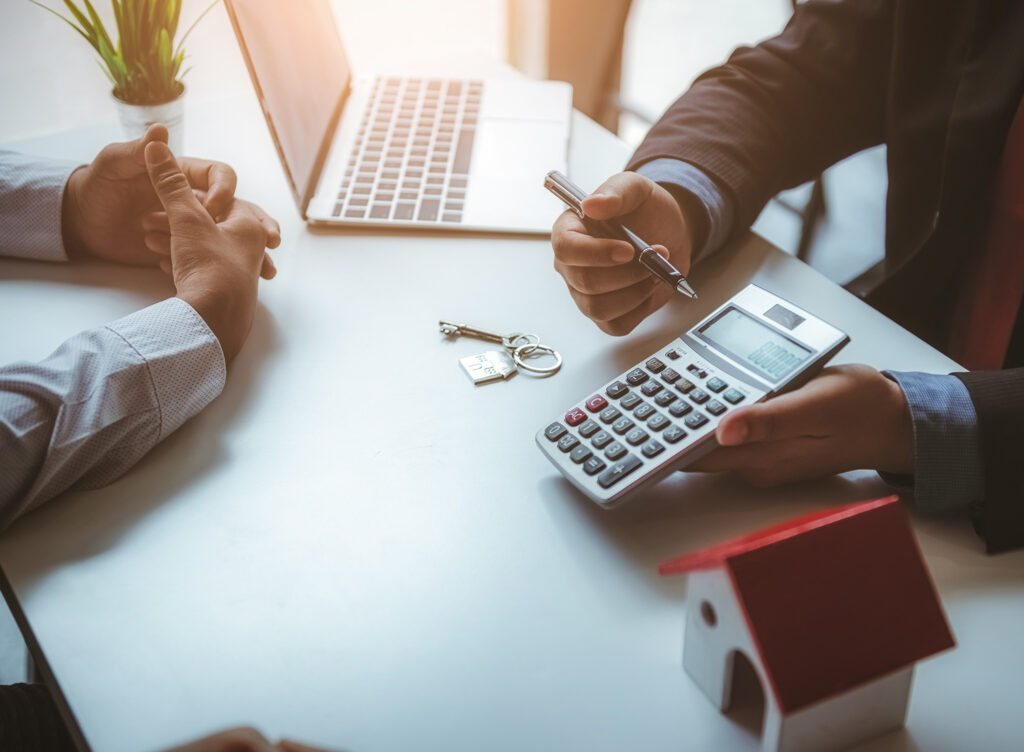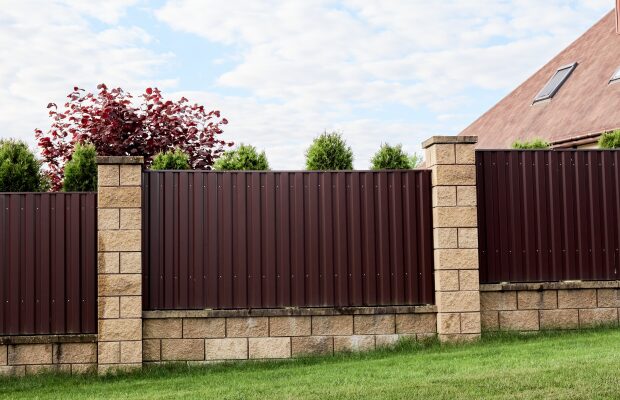The true cost of buying a home extends well beyond your purchase price.
In this guide, we’ll reveal all the costs you’ll have to factor into your budget when purchasing a property…
What are all the costs of buying a house in the UK?
The costs and fees you can expect to pay when buying a UK home are:
- Purchase price
- Deposit
- Stamp duty
- Conveyancing fees
- Mortgage fees
- Survey fees
- Estate agent fees
- Energy Performance Certificate costs
- Storage or removals
- Various insurances
1. Your purchase price
It may sound obvious, but the biggest cost you’ll experience when buying a home
is the property’s purchase price
If you’re buying with a mortgage, take time to get your finances in good order before applying and speak to a mortgage advisor to assess your borrowing options.
2. Your deposit
Another substantial up-front cost when buying a home is your deposit.
If you’re selling your existing home and have equity, your deposit may be dependent on the sale going through.
But if you’re buying for the first time, you’re probably saving hard to come up with a good deposit.
The average deposit required by a first-time buyer is almost £60,000, according to research by the Halifax.
Most lenders will require at least a 10% deposit, although if you’re purchasing through Help to Buy or have found a 95% loan-to-value mortgage, you’ll only require a 5% deposit.
To access the best mortgage interest rates, you’ll usually require at least a 15% deposit.
3. Stamp duty
Another large up-front cost you may have to pay is stamp duty.
However, the amount you pay will depend on the purchase price of your property and whether or not you’re a first-time buyer.
Stamp duty rates are divided up into different portions of your purchase price, so it’s always best to use a stamp duty calculator online to work out what you’ll have to pay.
If you’re an existing or previous homeowner, you’ll pay:
| Portion of purchase price | Stamp duty rate |
| £0 – £125,000 | 0% |
| £125,001 – £250,000 | 2% |
| £250,001 – £925,000 | 5% |
| £925,001 – £1.5m | 10% |
| £1.5m + | 12% |
If you’re an existing homeowner buying a second property, either as a second home or to rent out, you’ll pay an additional 3% on each of the rates above.
If you’re a first-time buyer, you’ll pay no stamp duty on the first £300,000 of your property’s purchase price up to a maximum price of £500,000:
First-time buyers buying a property with a purchase price above £500,000 pay standard rates of stamp duty.
4. Conveyancing fees
When you buy a property, you’ll need a solicitor or conveyancer to carry out all the legal work on your behalf.
Fees for conveyancing can vary depending on the property you’re buying, the complexity of the purchase and whether you use an online conveyancer or solicitor.
Legal fees for leasehold properties can sometimes be more expensive, for example, as these sales and purchases are often more complicated.
How much are solicitor fees for buying a house?
You should budget between £800 and £1,500 for solicitor’s fees, although there may be additional charges on top for local searches and money transactions, including:
- Bankruptcy searches
- Land Registry fees
- Identification verification fees
- Local Authority searches
- Drainage searches
- Environmental searches
- Deposit and purchase transfer fees
- Mortgage handling fees
Ask your solicitor or conveyancer to provide a quote that breaks down all those additional fees and charges, as this will enable you to budget for overall legal costs.
5. Mortgage fees
Your mortgage lender is likely to charge you some additional fees for arranging your loan and valuing the property you’re buying.
Mortgage arrangement fees
Most lenders charge a fee to arrange your mortgage.
The cost of this can vary depending on the type of mortgage you’re taking on, but the fee could be as much as £2,000 in some cases.
It’s usually possible to add the arrangement fee to your overall mortgage if the loan remains affordable.
However, by adding the fee to your mortgage, you’ll pay interest on it over the term.
Mortgage valuation fees
Your lender will carry out a valuation on the property you’re buying so they can make sure it’s worth the money they’re lending you to buy it.
They’ll usually charge you a fee for this, which is payable up front, and could be as much as £800, or as little as £150 depending on the lender.
6. Survey fees
With any property, it’s a good idea to have a survey carried out by a surveyor.
This will highlight any major issues with the property you’re buying before you’re committed to the purchase.
There are various surveys available, with varying costs:
| Type of survey | Average cost |
| Condition Report | £450 |
| Homebuyer Report | £700 |
| Full Structural | £1,000 |
If the property you’re buying is fairly new and in good condition, a Condition Report is usually adequate.
But if you’re buying an older or period home, a Full Structural survey is always a good idea.
7. Estate agent fees
If you’re buying a property and have nothing to sell, you won’t have to pay estate agent fees as these will be covered by your seller.
But if you have a property to sell, you’ll pay your estate agent a commission.
Most high street estate agents will charge you a percentage of your property’s sale price, with most commission only payable if the property is sold.
Other agents, including online options, sometimes charge a fixed fee, which is payable even if the property remains unsold.
8. Energy Performance Certificate
If you’re selling a property, you’ll need to have a valid Energy Performance Certificate (EPC).
EPCs last for 10 years and if yours is still valid, you won’t have to have your property re-assessed.
But if your certificate has expired, you’ll need to book an assessment, which usually costs between £60 and £120 depending on the size of the property you’re selling.
9. Storage and removals
Storage and removals costs should also be factored into your moving budget.
Storage can be a great solution if you’re not keen to move out of your existing home and into your new one on the same day.
Container storage and inside storage units are available all across the UK, with varying costs depending on the amount of storage space you require and how long you’re planning to store your things for.
Storage companies often have deals available, so always shop around.
Once you’re ready to move your things into your new property, or if you’re moving out and in on the same day, you may require the services of a removals company.
Again, the costs can vary depending on the number of things you have and distance between your old home and your new one.
10. Insurance
There are a host of insurance policies available to homeowners, which can help to protect your investment:
Buildings insurance
The only insurance policy you must have in place is buildings insurance.
Your mortgage lender will insist on this as a condition of them loaning you money, as this policy will protect your property from damage or destruction caused by fire, flood, or a break-in.
Contents insurance
You could also consider a contents insurance policy to protect your belongings from damage or theft, although your mortgage lender won’t insist on this.
Life insurance
A life insurance policy would cover your outstanding mortgage should you pass away during its term – protecting your loved ones.







